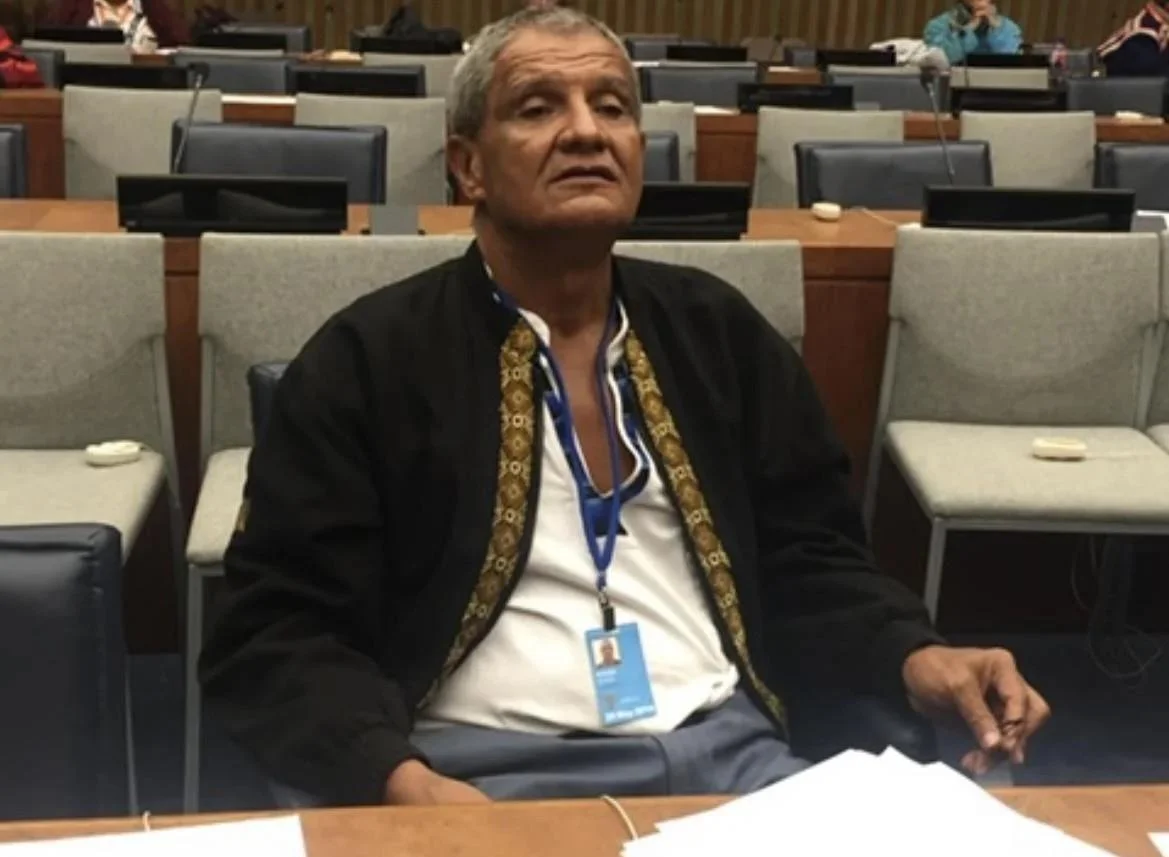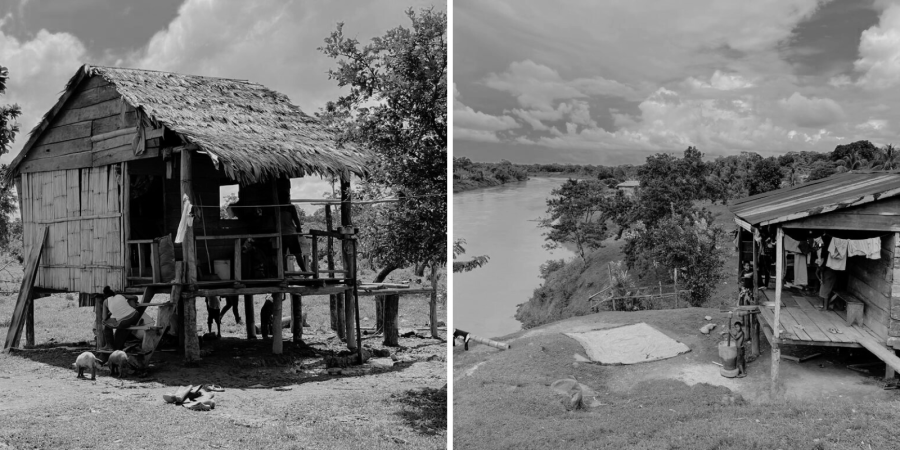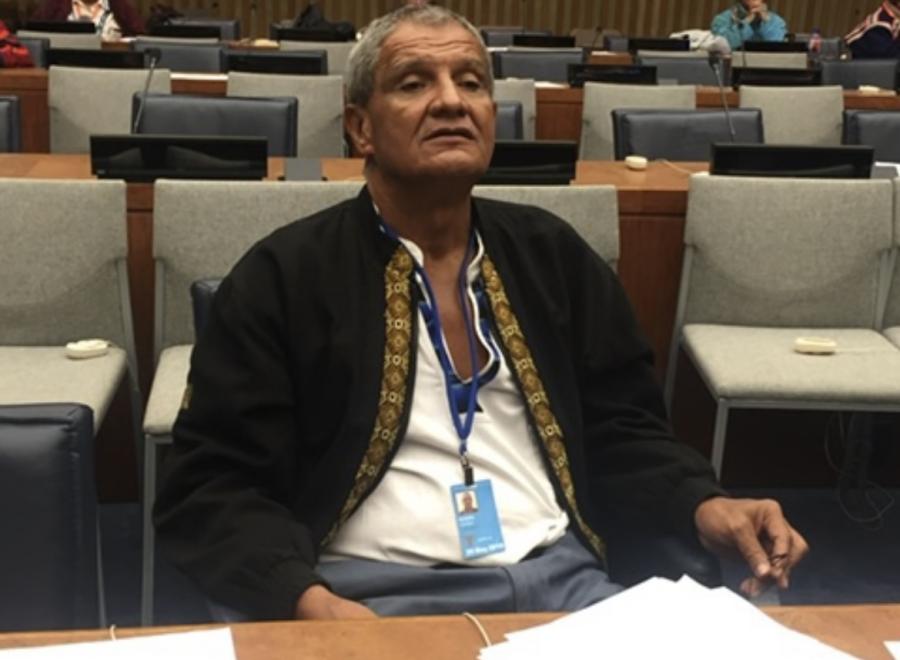
By John McPaul
Nicaraguan Miskitu Indigenous leader Brooklyn Rivera has been disappeared under the dictatorship of Daniel Ortega for 10 months now and the lack of news coming out of the beleaguered country and lack of interest in Rivera's fate has distressed human rights workers.
Rivera, 72, who fought against the Sandinistas in the 1980s but became an ally of the Ortega regime once it retook power in 2006, has fallen victim to the crackdown by Ortega on virtually every non-governmental institution in the country.
"Brooklyn has been disappeared for going on 11 months by a horribly repressive dictatorship worse than any other in Latin America," said attorney Steve Tullberg, who has represented the Miskitu leader in legal forums in the U.S. and Nicaragua. "And the regime gave his deputy [Elizabeth Henriquez] an eight-year sentence after some sort of legal process."
Fellow Miskitu leader Hendy Thomas decried the lack of interest or international pressure to free Rivera. "I hate to say it this way, but if it's not Gaza, no one wants to hear about it," said Thomas. "No one is interested in the Indigenous people of the Americas." Thomas said that he has heard from other Indigenous that Rivera is in Nicaragua's notorious Tipitapa prison.
The Miskitu Indigenous party Yatama has been a thorn in the side of Ortega since it contradicted the official state narrative of Nicaragua as a model for the protection of Indigenous Peoples’ rights. The Ortega regime has particularly targeted the Indigenous population as the Atlantic Coast has been placed under siege since last September after Miskitu leader Hendy Thomas spoke out against the government at the United Nations Permanent Forum on Indigenous Issues in New York in April 2023. At the time Ortega barred Thomas and Rivera from entering Nicaragua and Brooklyn was arrested after trying to reenter the country from Honduras.
"Miskitu lawyer Anexa Alfred, one of seven members of the High Commissioner for Human Rights (OHCHR) in Central America and the Caribbean, said that the UN considers Rivera's forced disappearance to be a form of collective torture for Miskitu people, and especially for [the Miskitu political party] Yatama supporters. Today Yatama opposition members are being targeted by government police and hunted down to be jailed. It has now become criminal to belong to the Yatama organization," said University of Kansas anthropologist Laura Hobson Herlihy.
Tullberg said the most distressing thing is the absence of information coming out of Nicaragua. "There's been a cut-back in coverage with the shrinking of the newspapers. The media is choosing (to cover) what they determine is more important," said Tullberg. "Most of Latin America is getting very scant attention. Brooklyn had quite a bit of notoriety internationally in the 1980s."
--John McPhaul is a Costa Rican-American writer.


